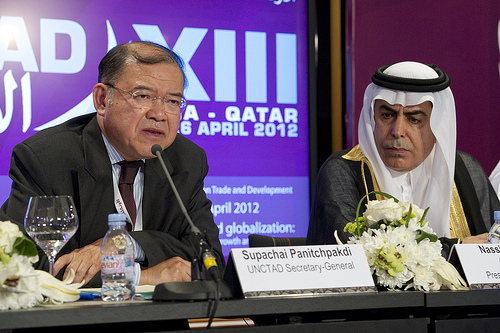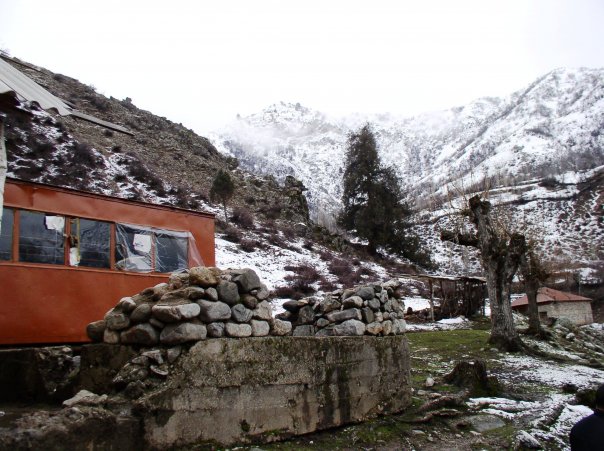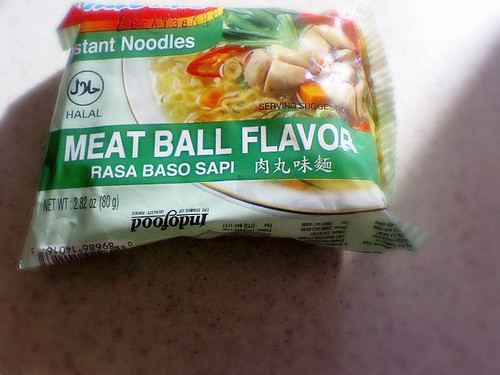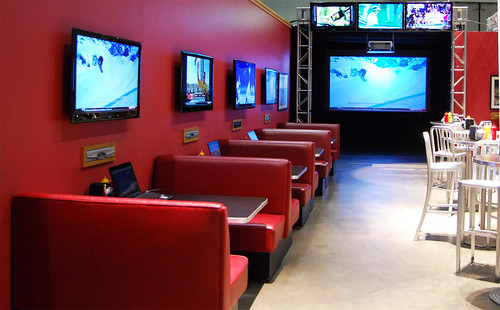
This morning I went to the exhibition hall at UNCTAD. It was a sad little effort. I saw a man weaving a traditional basket while checking his smart phone, a woman doing an oil painting of a horse while checking her smart phone, and an array of food and handicrafts. There were booths from Qatar’s major banks, a steel company, a newly maritime construction company, and two or three oil companies.
My first thought was of irony. UNCTAD’s angry response to the harm done by globalization and international financial structures, accompanied by two banks, two oil companies, and a steel manufacturer?
My second thought was more complex. It’s pretty clearly that the multinationals who anchor the global economy – and are being blamed in this meeting – see no risk to their corporate futures from UNCTAD, or they wouldn’t have set up their shiny displays.
Maybe we broke this global economy, but we bought it first.
It makes me wonder if anyone is really big-picture thinking about how all of this fits together. UNCTAD delegates are calling for more government intervention into the economy, more taxation on investments, and more FDI, all at the same time. They want an explanation for what went wrong from the same hapless souls who steered us wrong in the first place. Do we really think suddenly everyone is smarter now?
Maybe there is an elephant in this room, and I am looking at a trunk and a tail and some wrinkly skin. But it seems more like a pile of limbs and eyeballs that don’t add up to any living beast.
Disclosure: My trip to Doha was funded by APCO, which has been contracted by the Qatari Ministry of Trade to support UNCTAD. They don’t have editorial control over my writing, and they don’t pay me to post.
***********






